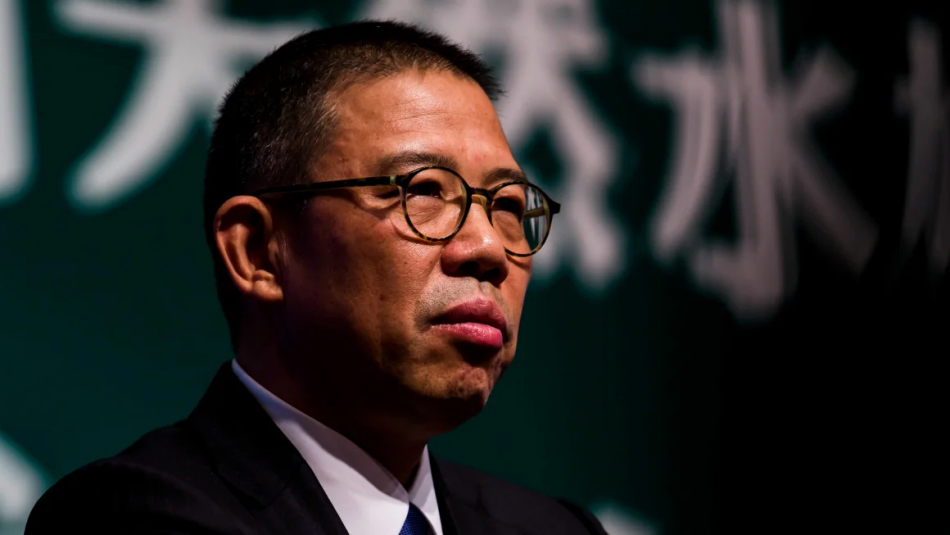BEIJING, China – Zhong Shanshan, China’s wealthiest businessman and founder of Nongfu Spring, a leading beverage company, has launched a rare and pointed critique of the country’s e-commerce giants, accusing them of exacerbating China’s economic slump through aggressive pricing wars.
In a surprising and outspoken series of remarks made earlier this week, Zhong also called out the Chinese government for failing to regulate the sector, describing the authorities’ inaction as “negligence.”
Zhong’s comments, made during a visit to an eastern Chinese county on Tuesday, come at a time when the world’s second-largest economy is grappling with its slowest growth in decades.
Amid the country’s worsening economic outlook, Zhong’s words cut through the usual silence maintained by China’s top business figures, most of whom avoid directly confronting the government.
Criticizing Pinduoduo, the fast-growing e-commerce platform known for its heavy discounts, Zhong said the company’s deep discounting model has damaged not just individual businesses but entire industries.
“Internet platforms have brought down the pricing system,” Zhong stated, according to a report by The Paper, a state-owned media outlet.
“In particular, Pinduoduo’s pricing system has done great harm to China’s brands and its industries. It is not just that bad money is driving out good money—it is an entire industry orientation.”
The billionaire, who has led Nongfu Spring to become one of China’s largest bottled water companies, singled out Pinduoduo’s model for distorting market dynamics, attributing the company’s explosive growth to its ability to undercut rivals on price.
Since its launch in 2015, Pinduoduo has become a dominant player in China’s e-commerce space by offering heavily discounted products, often attracting consumers with ultra-low prices on everything from electronics to groceries.
Rising Tensions Amid Economic Slowdown
Zhong’s public remarks come at a crucial moment for China. The country is grappling with an economic slowdown that has sent shockwaves through various sectors.
Unemployment is rising, especially among young people, and many industries are facing mounting pressure as consumer spending weakens.
Price wars, particularly in the e-commerce space, have further strained companies, with businesses unable to compete against platforms that offer steep discounts on popular products.
As the economic climate grows more challenging, companies from various industries, including luxury goods and electronics, are being forced to slash prices in a bid to attract increasingly price-conscious consumers.
Western companies operating in China, once viewed as immune to such pressures, have found themselves caught in the crossfire, as Chinese shoppers increasingly opt for domestic alternatives that offer more competitive pricing.
For Zhong, the latest criticism is particularly poignant. Earlier this year, he was at the center of a nationalist campaign, with critics accusing him of a lack of patriotism.
The public backlash contributed to a significant drop in the market value of Nongfu Spring, a setback that cost Zhong his position as the richest man in China, a title that was briefly overtaken by Colin Huang, the founder of Pinduoduo.
However, Zhong’s financial fortunes have recently rebounded. According to the latest figures from Bloomberg, Zhong’s net worth now stands at $52.2 billion, putting him back at the top of China’s rich list.
Nongfu Spring has managed to regain some of its market capitalisation, despite the tumultuous year.







